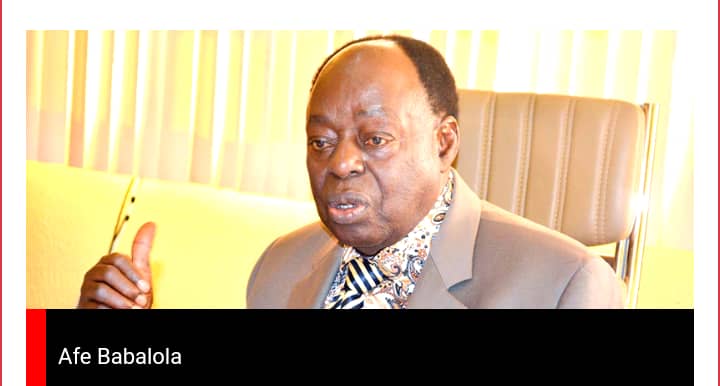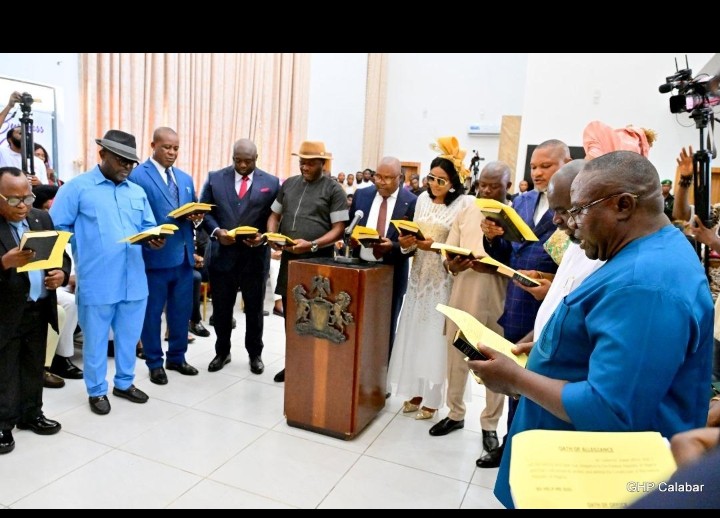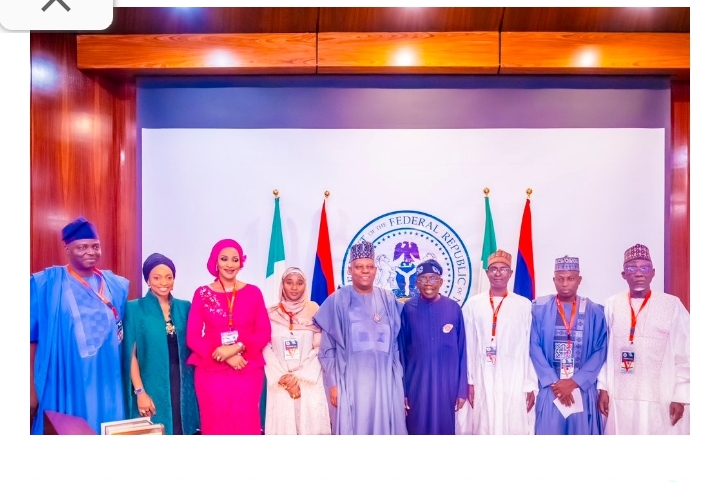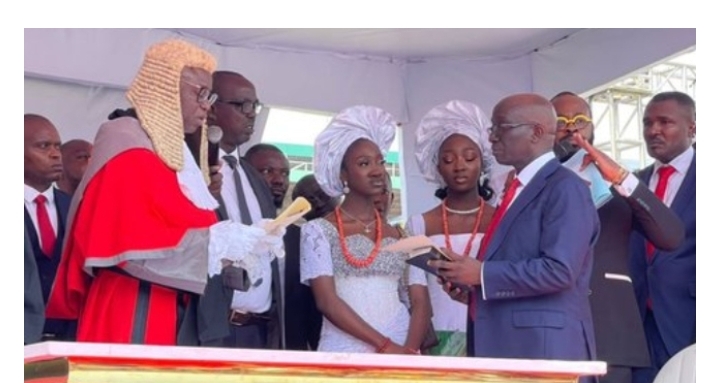The Concerns of Afe Babalola: Governors’ Interference in Local Government Allocations
In a recent development, renowned legal luminary Aare Afe Babalola, SAN, has raised concerns about the alleged hijacking of local government allocations by governors across the country. Afe Babalola has called upon President Bola Tinubu to address this issue and take necessary steps to ensure the autonomy and effective functioning of local government areas. This article aims to delve into the details of this matter and shed light on the implications it holds for the Nigerian political landscape.
Body:
1. The Concerns of Afe Babalola:
Afe Babalola, a respected figure in the legal community, has expressed his apprehensions regarding the interference of governors in local government allocations. He believes that this practice undermines the autonomy and independence of local government areas, leading to inefficiency and corruption.
2. The Impact on Local Government Autonomy:
The allocation of funds to local governments is crucial for the provision of essential services and development at the grassroots level. However, Babalola argues that governors’ control over these allocations hampers the ability of local governments to function independently and address the needs of their communities effectively.
3. Implications for Good Governance:
The interference of governors in local government allocations raises concerns about transparency, accountability, and good governance. By exerting control over these funds, governors can manipulate the distribution of resources, favor certain areas, or divert funds for personal or political gain. This undermines the principles of democracy and equitable development.
4. Weakening Grassroots Democracy:
Local governments are meant to be the closest form of governance to the people, ensuring their participation and representation in decision-making processes. However, when governors wield disproportionate control over local government finances, they limit the power of local representatives and stifle grassroots democracy.
5. Legal Framework and Recommendations:
Afe Babalola emphasizes the need for a robust legal framework that guarantees the autonomy of local governments and prevents the misappropriation of funds. He suggests that President Bola Tinubu, as a prominent political figure, should champion reforms to strengthen local government governance and ensure the effective utilization of resources.
6. Creating Awareness and Mobilizing Support:
To address this issue, Babalola emphasizes the importance of raising awareness among the public and mobilizing support from stakeholders, including civil society organizations, media, and concerned citizens. By highlighting the implications of governors’ interference in local government allocations, it is possible to garner support for reforms and bring about positive change.
The concerns raised by Afe Babalola regarding the hijacking of local government allocations by governors shed light on a critical issue that affects the functioning of local governments in Nigeria. It is essential for President Bola Tinubu and other political leaders to take heed of these concerns and work towards creating a conducive environment for the autonomy and effective governance of local government areas. By addressing this issue, Nigeria can move closer to achieving true democracy, equitable development, and grassroots empowerment.






